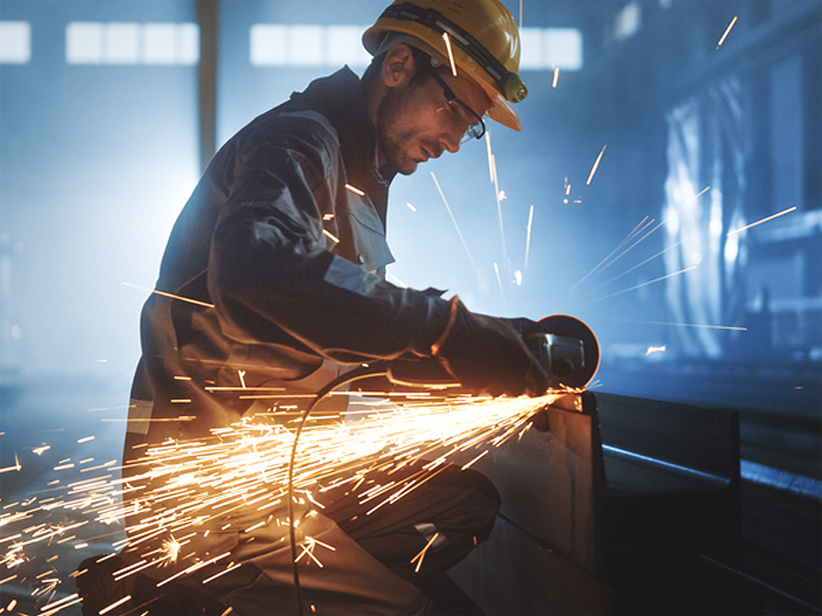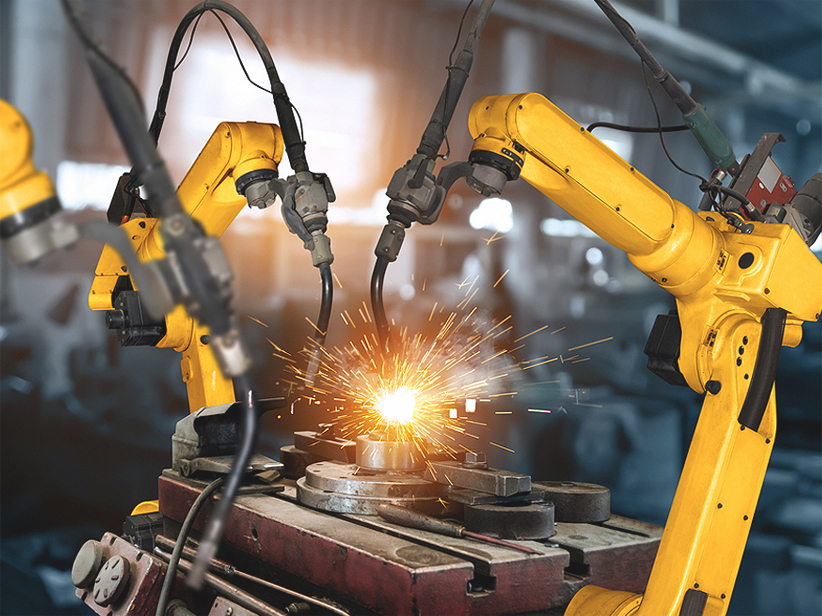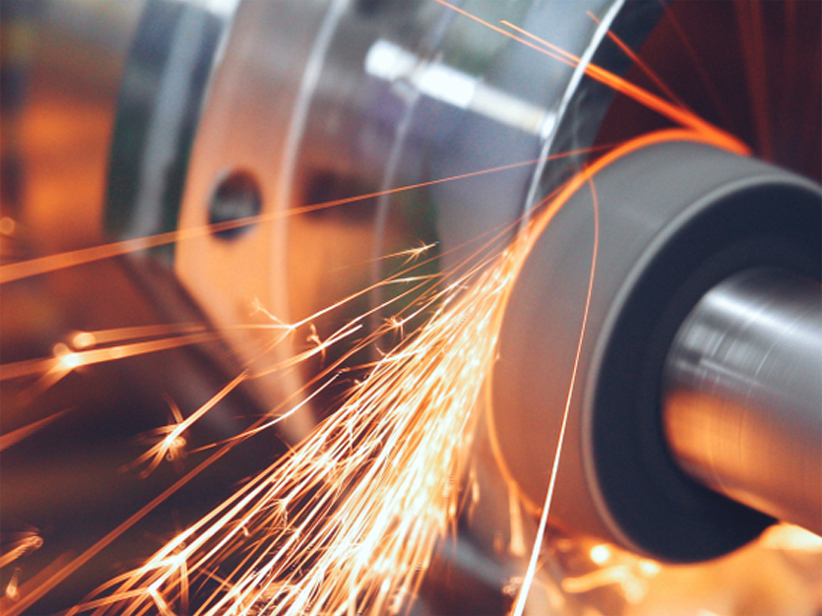Description
Alloy Steel Grade 4140 (DIN 1.7225) is a chromium-molybdenum alloy steel with excellent hardenability, strength, and toughness. It is widely used in applications that require high tensile strength, wear resistance, and impact strength. 4140 is known for its excellent mechanical properties, making it a popular choice for industries such as automotive, aerospace, and oil & gas. The alloy is versatile and can be heat treated to achieve a wide range of hardness and strength levels.
Chemical Composition
Carbon (C): 0.38 - 0.43%
Chromium (Cr): 0.80 - 1.10%
Manganese (Mn): 0.75 - 1.00%
Molybdenum (Mo): 0.15 - 0.25%
Phosphorus (P): ≤ 0.035%
Silicon (Si): 0.15 - 0.35%
Sulfur (S): ≤ 0.040%
Iron (Fe): Balance
Mechanical Properties
Tensile Strength: 655 - 940 MPa
Yield Strength: 415 - 835 MPa
Elongation at Break: 20% (in 50mm)
Hardness: 197 - 235 HB
Impact Strength: 35 J (at 20°C)
Modulus of Elasticity: 205 GPa
Thermal & Physical Properties
Density: 7.85 g/cm³
Melting Point: 1416 - 1470°C
Thermal Conductivity: 42.6 W/m•K (at 23°C)
Coefficient of Thermal Expansion: 12.3 µm/m•K (at 20-100°C)
Specific Heat Capacity: 477 J/kg•K (at 23°C)
Electrical Resistivity:1.08 µΩ•m (at 20°C)
Other Designations
DIN:1.7225
AISI: 4140
UNS : G41400
EN: 42CrMo4
Fabrication and Heat Treatment
Machinability: 4140 steel is moderately machinable, with a machinability rating of 65% in the annealed condition. It is easily machinable after normalizing.
Weldability: This grade is weldable using standard methods but requires preheating to avoid stress cracking, especially in thicker sections.
Heat Treatment:
Annealing: Heat to 800-850°C, then cool slowly in the furnace.
Normalizing: Heat to 870-900°C, air cool.
Quenching: Heat to 845-870°C, then quench in oil.
Tempering: Temper immediately after quenching, usually in the range of 400-650°C depending on the desired mechanical properties.
Applications
Automotive Industry: Axles, shafts, gears, and components requiring high strength and toughness.
Oil & Gas: Drill collars, tool joints, and downhole equipment where durability and wear resistance are critical.
Aerospace: Structural parts, landing gear components, and other high-stress applications.
Heavy Machinery: Machine tool spindles, couplings, and fasteners.
Construction: High-strength bolts, rebar, and structural steel components.
Supplied Forms
Bars: Round, flat, and square bars available in various sizes.
Plates: Custom-cut plates in various thicknesses.
Sheets: Cold and hot rolled sheets.
Tubes: Seamless and welded tubes.
Forgings: Custom forgings available to meet specific requirements.
Wires: Drawn wires in various diameters.
Features
High Strength: Excellent tensile and yield strength, making it suitable for heavy-duty applications.
Hardenability: Can be heat treated to achieve a wide range of hardness levels.
Toughness: Maintains high toughness and resistance to shock and impact, even at high hardness levels.
Wear Resistance: Offers good wear resistance due to its high hardness.
Versatility: Suitable for various industries and applications due to its excellent mechanical properties and ability to be heat treated.
Corrosion Resistance: Moderate resistance to atmospheric corrosion; however, it is typically not used in highly corrosive environments without additional protective coatings.






